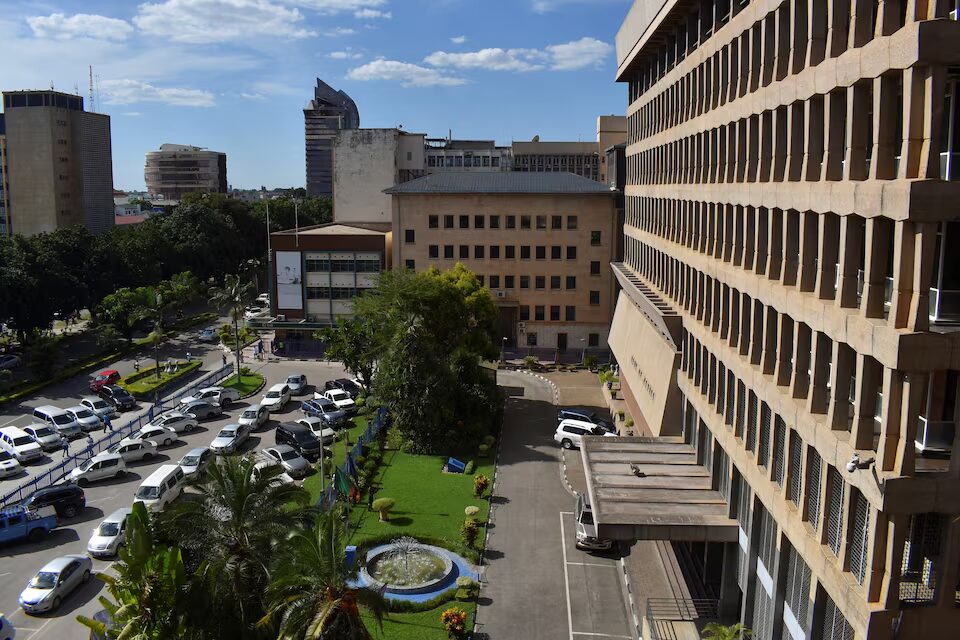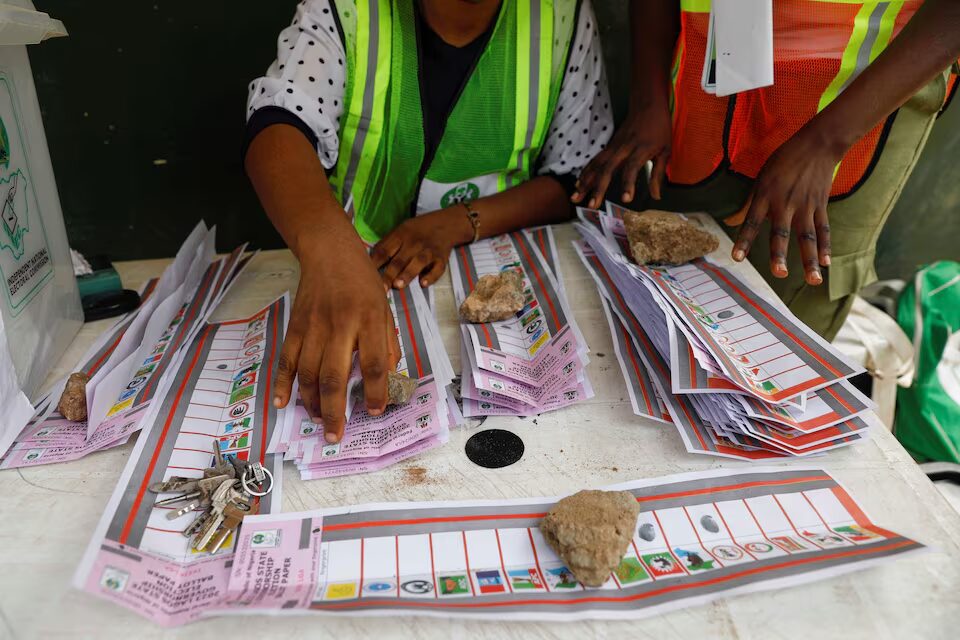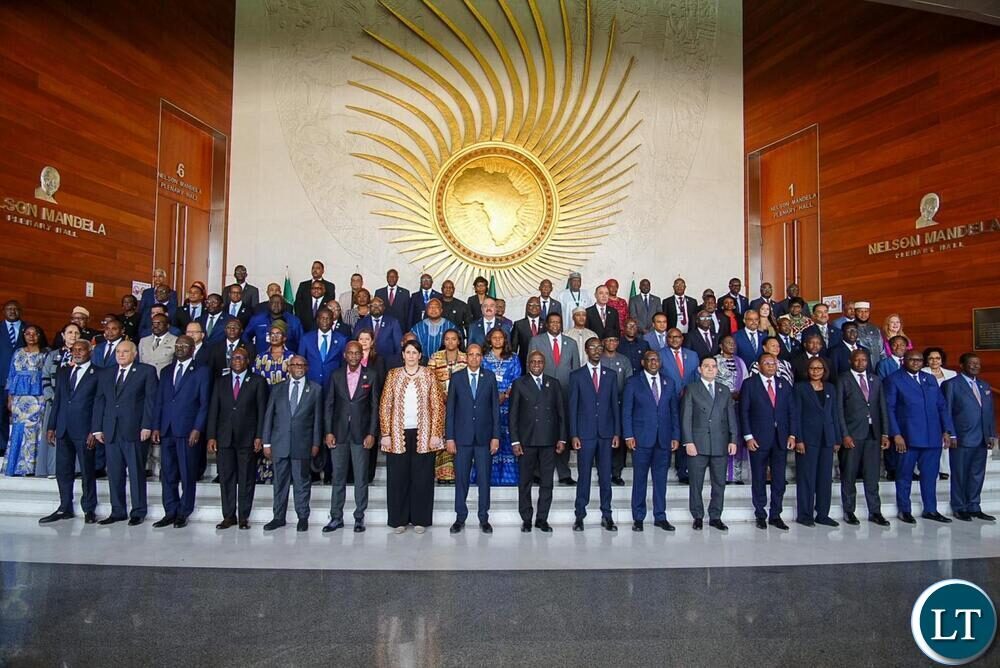
Monday, 15th September 2025

By inAfrika Reporter
In a draft framework circulating between Rwanda and the Democratic Republic of Congo, the two countries signal a willingness to do what war has long prevented: collaborate with the United States and other partners to clean up, formalise and finance one of the world’s most strategic mineral corridors. It is not a peace treaty—those signatures were gathered in Washington in June—but it is the economic architecture that would give any peace a chance: third-party mine inspections, OECD-grade due diligence, cross-border special economic zones and an annual summit to keep the plumbing unblocked. If it holds, cobalt, tantalum, copper, gold and lithium could move through the region with fewer questions and more capital. If it fails, the status quo of blood and opacity hardens.
The draft’s theory of change is blunt. De-risk private investment by raising transparency, then deploy that investment to starve militias of oxygen. It borrows the tools of compliance and project finance—audits, reporting, guarantees—and applies them to a landscape where rebel taxation, smuggling and political sabotage have been profitable for a generation. That is why the language is dense with coordination: steering committees, technical working groups, a timetable to move from headlines to hard hats. It also explains the U.S. imprint. Washington wants a conflict-free pipeline for the minerals that power batteries, grids and chips. A rules-based corridor through Central Africa is both moral proposition and industrial policy.
But the road to de-risking runs through reality. The M23 rebellion still controls key ground in eastern Congo; withdrawals pledged in June have stalled; operations against the FDLR have yet to properly begin. Congolese officials insist that no amount of economic choreography can justify normalising commerce while “Rwanda’s army occupies part of our territory.” Western diplomats are already whispering about headwinds. A framework cannot launder a war. It can only set the conditions in which security progress would be rewarded with investment that outlasts any single ceasefire.
For East Africa’s business class—for traders, logistics operators, and financiers from Dar es Salaam to Mombasa—the upside is immediate and pragmatic. Traceable ore means more buyers. Predictable checks mean faster clearances. Special economic zones mean processing at or near the pithead, not value shipped offshore. Even with politics volatile, the market signal is unmistakable: capital is shopping for compliance-ready projects. The corollary is unforgiving. Middlemen who have thrived on blurred paperwork and blended consignments will struggle if the corridor begins to demand proof of origin and chain-of-custody data stamped by independent inspectors.
The draft also answers a question that has haunted every Africa-is-the-future panel for a decade: can the continent move from extracting rocks to exporting products? A supply chain where raw ore is transformed into concentrates, then components, then finished goods across both sides of the border is the closest thing to a plan. It won’t erase the incentives for predation; it will raise the cost of it. If economic actors get used to the margins of legitimacy, they are harder to recruit back into the shadows when the next militia recruiter comes calling. That is the strategic bet baked into the text.
All of this is conditional on events that don’t care about memos: a commander’s whim, a stalled convoy, a rumor that spooks traders. But it is exactly because the variables are so messy that the draft matters. It gives governments, lenders and miners a shared document to point at when they choose cooperation over sabotage. It gives investors a pre-negotiated grammar for risk. And it gives the region—after years of circular talks—a way to measure progress not by what politicians say, but by how ore moves. If October brings signatures and the following months bring even a partial implementation, Central Africa’s minerals story stops being a tragedy with business interruptions and starts looking like a business with fewer tragedies. That would be new. And worth fighting for


